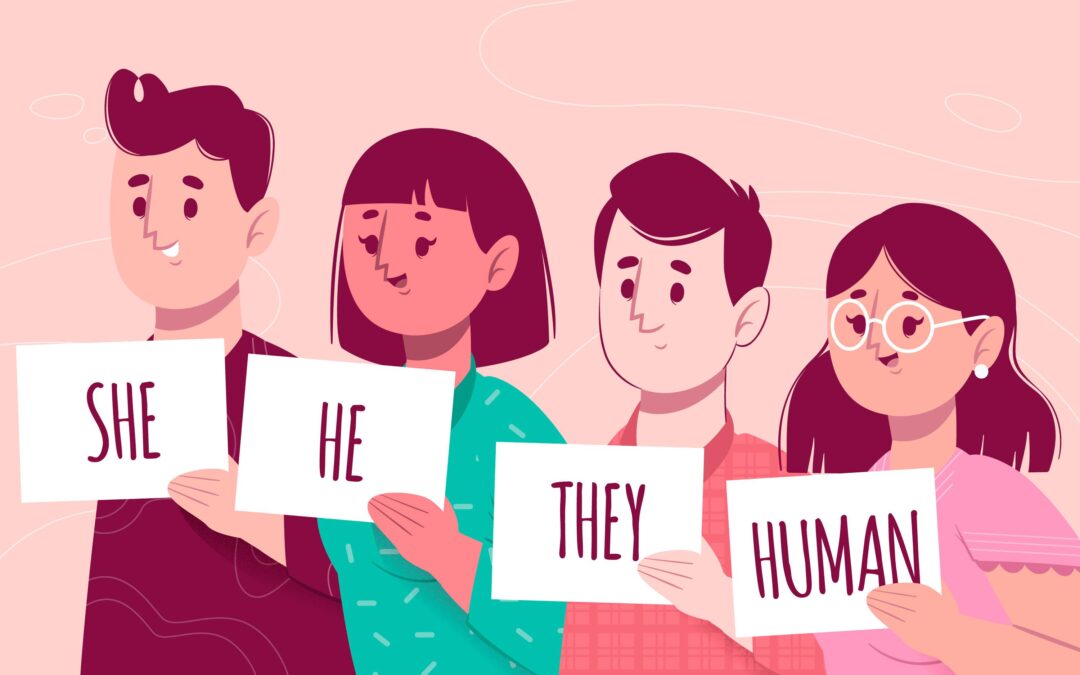Your child’s identity is something that may change as they discover who they are. As a parent, your support and communication are key if your child is exploring their gender identity. But you will also have to have some conversations with family and friends that may be difficult as they struggle to understand what your child is going through. Communicating openly and honestly is a good place to begin. So is being prepared to defend your child.
Discussing Your Child’s Identity
Gender identity can sometimes be a difficult topic for people who don’t understand it to discuss. They may have trouble with understanding what it means to be transgender or using the correct terminology or pronouns. They may also use outdated and offensive language that feels more familiar to them. As you open up discussions with your family and friends about your child’s identity, it’s important to be firm and clear about how they should address your child, while also being aware of the work they’re doing to change. Don’t be afraid to correct them, but also be patient. It is important to be sure that your child is ready for family to know about their choices. Some early discussion may be best to keep between you and your child. Be sure to ask your child what their boundaries are.
Some important points to bring up when talking to friends and family include:
- Making sure they understand that your child is still the same person, despite their gender identity. You might also discuss the difference between sex and gender to help educate them.
- Letting them know that you are supporting your child and your child is happy with their affirmed gender identity.
When you discuss your child’s gender identity, be sure to also address important issues like holidays and birthdays when your child should be given gifts to affirm their identity or suggest that they buy gender-neutral gifts like board games or books as they become more familiar with your child’s identity.
When You Can’t Get Through
Not everyone is going to be supportive of your child’s new affirmed gender identity. A friend or family member might refuse to accept your child’s identity and even commit microaggressions or refuse to acknowledge your child’s pronouns, misgendering them in the process. When this happens, it’s important to be firm with them about how your child should be treated and addressed.
You are your child’s best advocate, and it’s ok to protect your child by limiting contact with people who won’t accept them as transgender or to even end contact. Beginning from a place of open and honest communication that has your child’s best interest in mind is an important place to begin from. If a situation like this arises, you can feel confidently that you represented yourself clearly and were your child’s best protector.
Contact Bluewater Psychiatry
If you or a loved one is going through something like this, contact Bluewater Psychiatry for professional help.

